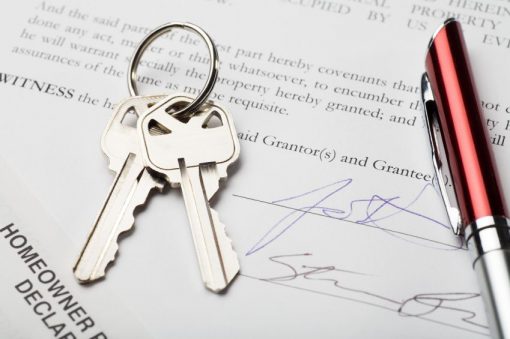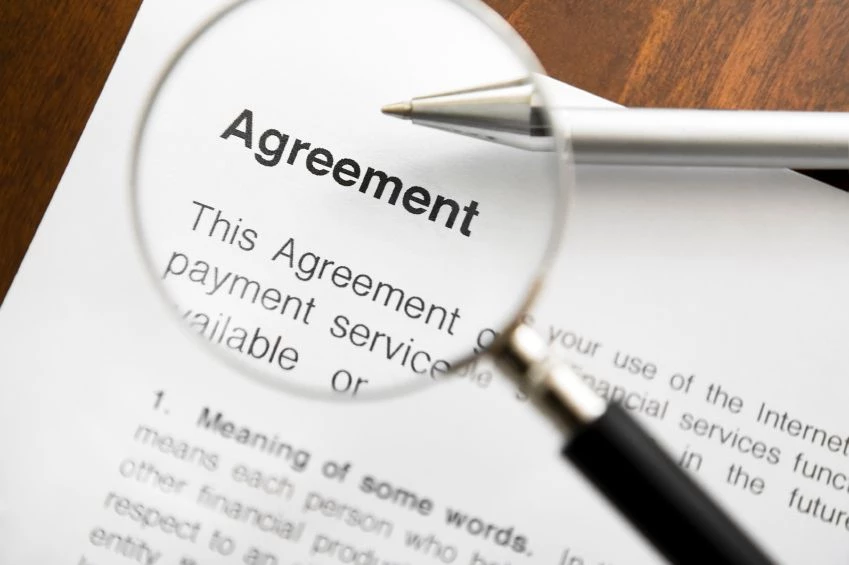Tips and advice


RBA decision August 2025: What homeowners should know
Recent RBA cash rate calls keep surprising. Learn how to read uncertainty without panicking and which signals to check before making major decisions.
.jpg)
Timing is everything: Making the most the July 2025 RBA decision
In July 2025, the RBA held rates at 3.85% despite cut expectations, but strong housing demand and limited supply keep conditions favourable for sellers.

Property Reports 101: Why You Need One and What to Look For
What is a property report, and why is it important for anyone buying or selling property? Here we take a…

Section 32 Sale of Land Act: Guide for Home Buyers and Sellers
The Section 32 Sale of Land Act is a crucial piece of legislation that applies to the sale of property…

How Much Does it Cost to Sell a House in Australia?
Wondering how much it costs to sell a house in Australia? The short answer: it’s not cheap. We’re talking tens…

Section 32 Sale of Land Act: Guide for Home Buyers and Sellers
The Section 32 Sale of Land Act is a crucial piece of legislation that applies to the sale of property…

8 Tips to Sell Property Fast
So, you’ve decided to sell your property. Congratulations! Whether you’re upsizing, downsizing, relocating or selling an investment property, we bet…

Selling Your Home After Your Listing Has Expired With Your Current Real Estate Agent
It can blow your confidence if your property listing agreement expires without selling your home. The initial excitement from signing…

Can I Do My Own Conveyancing?
The legal method of transferring a title deed from the property seller to the purchaser is known as the conveyancing…

What Is Tax Deductible When I Sell a House?
If you’re selling your home, the good news is that there’s no Capital Gains Tax (CGT) to pay on any…

Property Management Fees & Commission 2023 Explained
Looking to rent out your property in 2023? A real estate agent who specialises in rentals (or property manager) will…

Your Guide to Changing Real Estate Agents
Are you in a listing agreement with your real estate agent and having second thoughts about whether they are right for you?...






